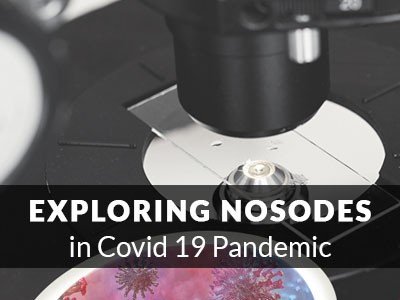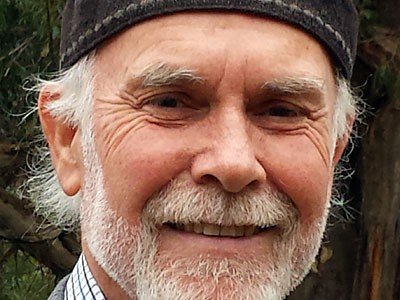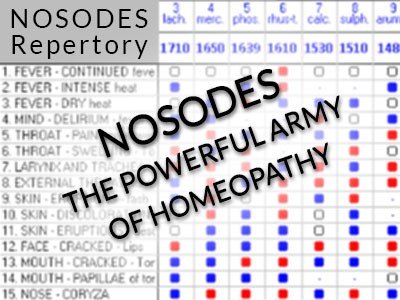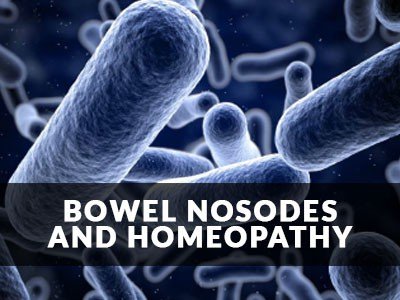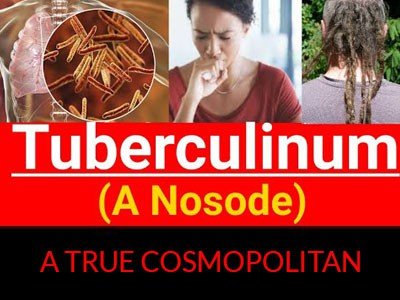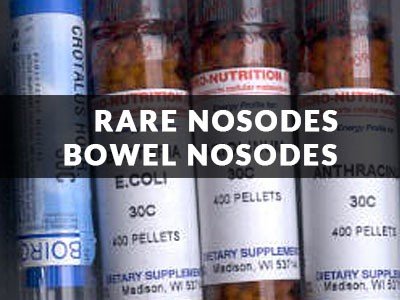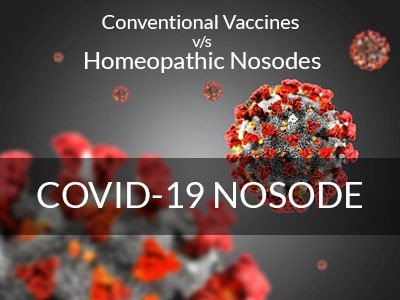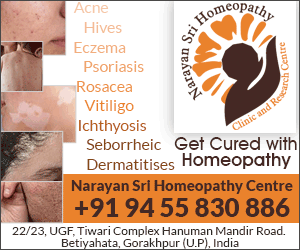Exploring Nosodes
Volume 1 :: Issue 3 - July 2020

Editorial
Exploring Nosodes in Covid Pandemic
Jul 10, 2020 by Dr. Punit Srivastava,
Coronavirus disease (COVID-19) is an infectious disease caused by a newly discovered coronavirus. Coronaviruses are a family of viruses that can cause illnesses ranging from common cold to severe acute respiratory syndrome (SARS) and Middle East respiratory syndrome (MERS). The virus is now known as the severe acute respiratory syndrome.
Interview
Interview with Dr. Isaac Golden on Nosodes
Jul 10, 2020 by Dr. Punit Srivastava,
In continuation of our last interview seccion, we present here a second discussion with Dr. Golden, the living legend who is considered a world authority on Homeopathy, interviewed by Dr. Punit Srivastava, Chief Editor, Homeopathic Horizon. Here he explains about What Nosodes are... He also advises how nosodes can be applied in Covid-19 pandemic.
Featured articles
Nosodes: The powerful Army of Homeopathy
Jul 10, 2020 by Dr. Ajit Kulkarni,
The author presents the subject of nosodes through unusual cases, comparative study and his reflections on Syphilinum. Cases of Multiple corns, PCOD with sterility, Infantile vomiting, Acute urticaria, Schizophrenia with GB syndrome and acute bronchial asthma are presented. Five nosodes viz. Psorinum, Medorrhinum, Tuberculinum, Syphilinum and Carcinocinum.
Bowel Nosodes and Homoeopathy
Jul 10, 2020 by Dr. B.S. Suvarna,
Bowel nosodes are the medicines prepared from cultures of non lactose fermenting bacterial flora of the intestinal tract. Though they are not the morbid product of disease, but they come under nosodes. This paper gives an introduction of Bowel nosodes, their scope and lists the common bowel nosodes with their indications.
Tuberculinum – A True Cosmopolitan
Jul 10, 2020 by Dr. Partha Pratim Pal,
Subjective sensations, feelings and behaviour of the patients are characteristic points of notification which needs to be considered during homoeopathic case taking for selection of the appropriate similimum. Mental generals of nosodes are equally significant for such choice. Tuberculinum is one such clinically verified drug.
Rare Nosodes & Bowel Nosodes: Utility and Indications
Jul 10, 2020 by Dr. Subrata K. Bannerjea,
This paper discusses the scope of Nosodes according to Homeopathy principles. It also discusses indications and utility of Bowel Nosodes.
Debate
Exploring Potential of Nosodes in Covid 19 Pandemic
Jul 10, 2020 by Dr. Rajesh Shah,
This paper presents Dr. Shah’s views on scientific efficacy of Nosodes in earlier epidemics and pandemics. The author concludes that evidence of homeopathy as anti-viral, anti-bacterial, anti-microbial in cell-lines, animals and human models are enough clues for exploration of common homeopathic anti-microbial medicines.
Isoprophylaxis is not Isoimmunisation...
Jul 10, 2020 by Marcus Zulian Teixeira,
The use of nosodes for the prevention of epidemic diseases (isoprophylaxis), i.e., selected based on the 'principle of etiological identity' with full neglect of symptom-based individualization and pathogenetic trials, is not supported by the homeopathic epistemological model.
Can a nosode prepared from SARS-CoV-2 or Novel Corona Virus -19...
Jul 10, 2020 by Prof. Anisur Rahman Khuda-Bukhsh,
In this paper Prof. Anisur Rahman Khuda-Bukhsh very beautifully pens down the challenges in development of Corona Nosode and its utilization in the prevention and treatment of Covid-19 disease. Can a nosode prepared from SARS-CoV-2 or Novel Corona Virus -19 be a suitable homeopathic protector of Covid-19 disease?
Email - mail@homeorizon.com
